We measure time by clocks and watches and cell phones. We divide time into minutes, hours, days, years. This measure of time is scientific, verifiable.
But when we wait to find out the results of a loved one’s operation, time creeps. When we are on vacation, time flies. The time you spend in a dentist’s chair may be the same verifiable time you spend sharing kindred thoughts with a friend, but they will not appear the same time to you.
To ask which kind of time is the right one is meaningless. They are not in competition, but measure different processes. Our ability to physically order our lives requires the first kind of time. Our inner selves live by the other time.
We are body and we are soul. To each its proper place.


 We drive partway up the side of a 4,000 foot mountain on a forest service road and park our ancient Toyota truck. After bringing out chairs, we lose ourselves in the hush. Overshadowing us are 10,000 foot peaks, still snow-capped in late June, the result of a wet, cold winter. The sun warms us now, as it draws out the unique perfume emitted by Ponderosa pines. Once in a while we hear the distant hum of a vehicle on the road far below, but the only other sounds are the wind scratching through tree limbs and the birds chattering from hidden perches.
We drive partway up the side of a 4,000 foot mountain on a forest service road and park our ancient Toyota truck. After bringing out chairs, we lose ourselves in the hush. Overshadowing us are 10,000 foot peaks, still snow-capped in late June, the result of a wet, cold winter. The sun warms us now, as it draws out the unique perfume emitted by Ponderosa pines. Once in a while we hear the distant hum of a vehicle on the road far below, but the only other sounds are the wind scratching through tree limbs and the birds chattering from hidden perches.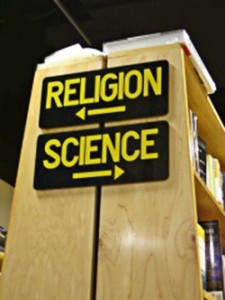 This scientific age, based on provable truths, brings us untold medical advances. It also brings us moral dilemmas. An individual facing the decision of when to “pull the plug” on life support systems for a loved one may wish for days when the seriously ill could not be kept alive almost indefinitely.
This scientific age, based on provable truths, brings us untold medical advances. It also brings us moral dilemmas. An individual facing the decision of when to “pull the plug” on life support systems for a loved one may wish for days when the seriously ill could not be kept alive almost indefinitely. We did not clap during the Good Friday concert at my church last night. It was a somber concert, about grief over the loss of loved ones, but with a tinge of hope that wove a few colors though the black tapestry. We left silently and went home.
We did not clap during the Good Friday concert at my church last night. It was a somber concert, about grief over the loss of loved ones, but with a tinge of hope that wove a few colors though the black tapestry. We left silently and went home. We will pull the black from the windows, the lights will come on, and the brass instruments and the violins and the organ will blaze the message, “He is risen!” and we will sing our alleluias for the first time in forty days.
We will pull the black from the windows, the lights will come on, and the brass instruments and the violins and the organ will blaze the message, “He is risen!” and we will sing our alleluias for the first time in forty days.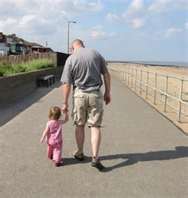 It’s a love that begins when we’re loved and thus able to respond with love to the one who values us, then we’re able to love others. We don’t love others better than ourselves; we love them as we love ourselves.
It’s a love that begins when we’re loved and thus able to respond with love to the one who values us, then we’re able to love others. We don’t love others better than ourselves; we love them as we love ourselves.
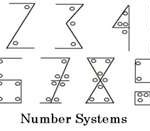
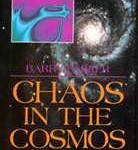


 The Holocaust surely is a tragedy as evil as ever envisioned. It caused some to disavow the idea of a loving God. I see it as evidence, neither of God’s impotence nor of his lack of caring, but as evidence of human failing. The Holocaust was not sent by God. It happened because we sinned, chose hatred. Directly caused by Hitler and the Nazis, yes, but it also may be traced to choices as far back as the religious wars of the 1600’s, which left Germany a devastated nation and led eventually to more wars and ethnic cleansing. The Holocaust came, not from God, but from humans. It is evidence of our choices, for which we need repentance and confession and forgiveness, the only actions that will prevent more Holocausts.
The Holocaust surely is a tragedy as evil as ever envisioned. It caused some to disavow the idea of a loving God. I see it as evidence, neither of God’s impotence nor of his lack of caring, but as evidence of human failing. The Holocaust was not sent by God. It happened because we sinned, chose hatred. Directly caused by Hitler and the Nazis, yes, but it also may be traced to choices as far back as the religious wars of the 1600’s, which left Germany a devastated nation and led eventually to more wars and ethnic cleansing. The Holocaust came, not from God, but from humans. It is evidence of our choices, for which we need repentance and confession and forgiveness, the only actions that will prevent more Holocausts.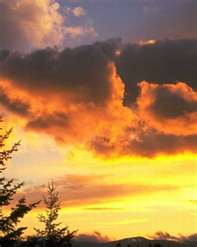
 As an American Christian living in Saudi Arabia, I found clues to my own people.
As an American Christian living in Saudi Arabia, I found clues to my own people.